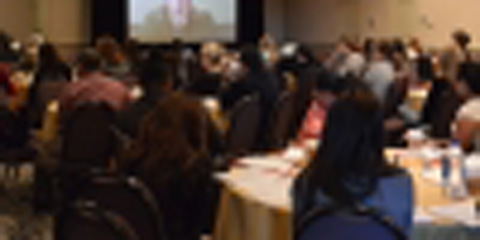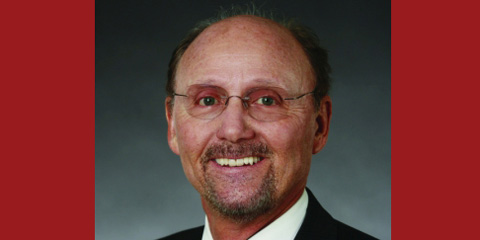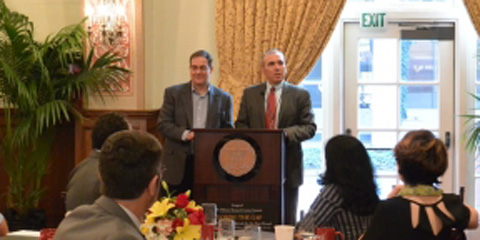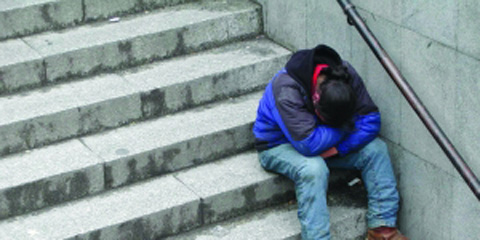News Archive
Research
-
Ana Guerrero, chief of staff to Los Angeles Mayor Eric Garcetti, delivered the keynote address at the fourth annual USC Latino Student Empowerment Conference at the Ronald Tutor Campus Center.
The conference, hosted by Centro Chicano on Jan. 24, was designed to boost academic achievement.
Guerrero, the daughter of Mexican farm workers, shared her career path and advised the audience of students, alumni and staff on how to achieve success.
The first key is hard work.
-

Like their counterparts in Los Angeles, many service members returning home to Orange County are facing significant barriers to a successful transition back to civilian life, according to a new study from the USC School of Social Work.
-

Recent research by the USC School of Social Work has found that even though sexual functioning problems are significantly higher among military service members than civilians, very few are receiving treatment.
These problems, which are strongly related to the physical and psychological health of service members, are often overlooked by both military populations and clinicians, making it yet another invisible wound of war.
-

The USC School of Social Work has received a gift of $250,000 to establish a fund to encourage the incubation of new strategies and solutions to housing affordability and access in Los Angeles and other urban areas.
-

The nation’s nearly 22 million veterans and their families are confronted with difficult and enduring challenges.
Returning veterans face high unemployment rates, and homelessness is a national concern. Some veterans are coming home with severe physical injuries. Aging veterans must grapple with the further complications of injuries incurred during combat decades ago. Many have untreated mental health concerns. About 22 veterans a day die by suicide. These issues can strain relationships and stress caretakers. Military children are more vulnerable to suicide and depression.
-

It became clear to Jungeun Olivia Lee as a young child that some things in life just weren’t fair.
She saw how her aunt struggled as a divorced single mother to raise four sons in an impoverished neighborhood where health care largely consisted of a traditional healer who induced vomiting.
She saw the looks of pity and empathy from strangers when she visited a park or a playground with her brother, who has a physical disability.
-

For many decades, therapists and clinicians have skirted the edges of religion and spirituality in their work with clients.
Perhaps they perceived the topic as too personal or felt uncomfortable discussing the sacred world.
-

Already in the first weeks of 2015, the Los Angeles County Board of Supervisors and the county's acting Chief Executive Officer have taken action to improve collaboration and make structural changes that should speed up child welfare system reforms.
-

As the mental health needs continue to grow for greater numbers of service members and veterans returning to communities, researchers at the University of Southern California are studying how to use the latest in technological advancements to prepare behavioral health providers to effectively treat these military-impacted populations.
-

USC researchers have teamed up with Los Angeles social workers to address a public-health problem using a mathematical solution.
Social workers at My Friend’s Place – a non-profit agency that helps Los Angeles’s homeless youth become more self-sufficient – have been working to prevent the spread of HIV among homeless teens and young adults.
They’ve relied in part on word-of-mouth, but it’s had limited success. Transient young adults often have fluid friendships. If two friends stop hanging out, a social worker’s street campaign could come to an end.